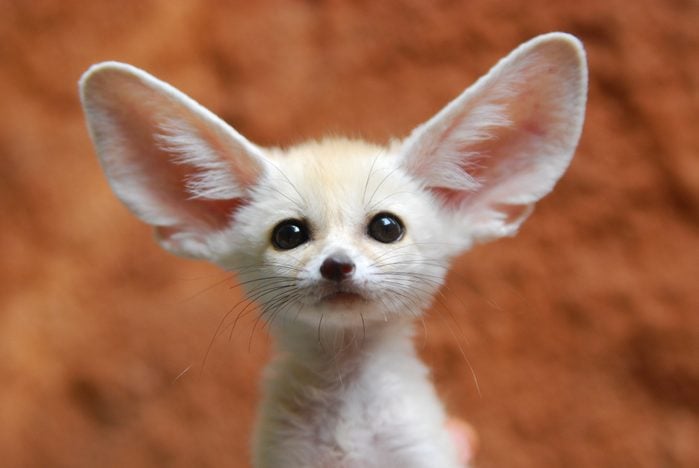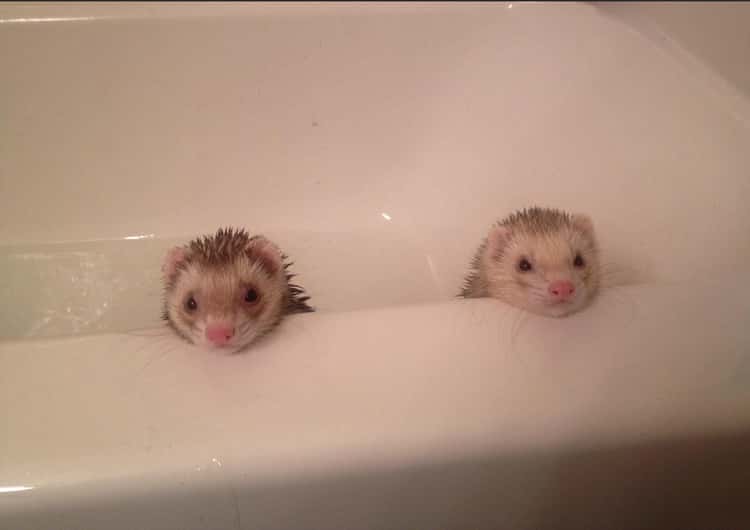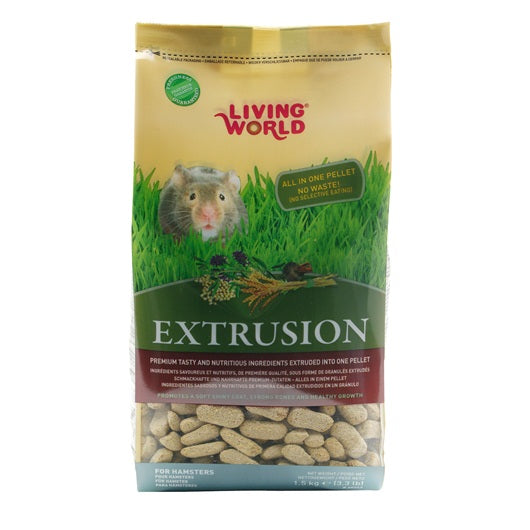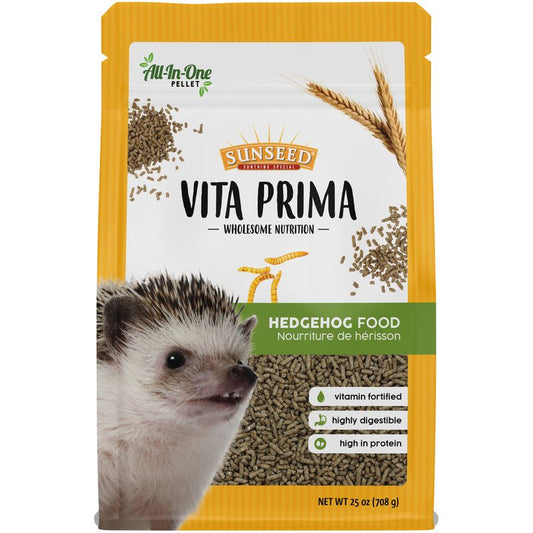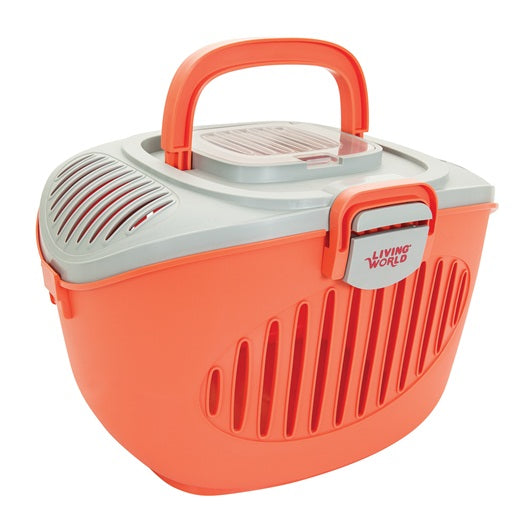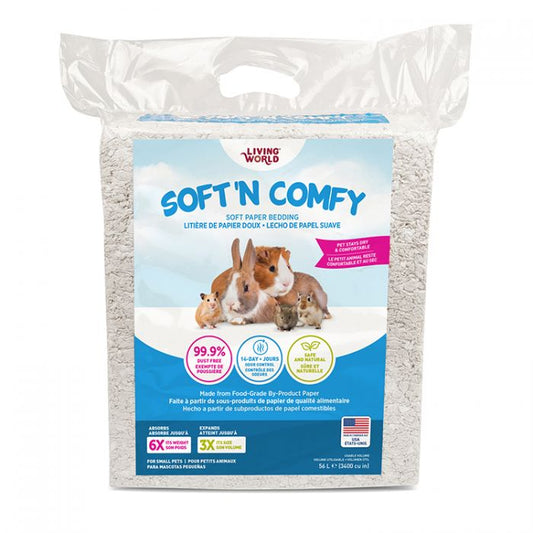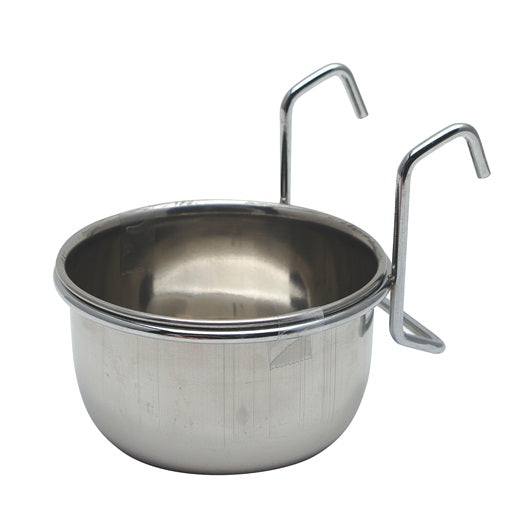
Small animals make wonderful companions and can bring joy and entertainment to our lives. Whether you have a rabbit, guinea pig, hamster, gerbil, mouse, rat, hedgehog, or any other small animal, it's essential to provide them with proper care and attention. Here are some general guidelines for taking care of small animals, excluding dogs and cats.
-
Housing and Enclosure: Ensure your small animal has an appropriate-sized enclosure that allows for natural behaviors and movement. Provide enough space for them to roam, exercise, and hide. The enclosure should be secure, well-ventilated, and free from any hazards. Consider adding appropriate bedding material for comfort and nesting.

-
Nutrition and Feeding: Research the specific dietary requirements of your small animal and provide a balanced and appropriate diet. This may include a combination of pellets, fresh vegetables, hay, and occasional treats. Avoid feeding them harmful foods like chocolate, caffeine, onions, and high-sugar or fatty treats.
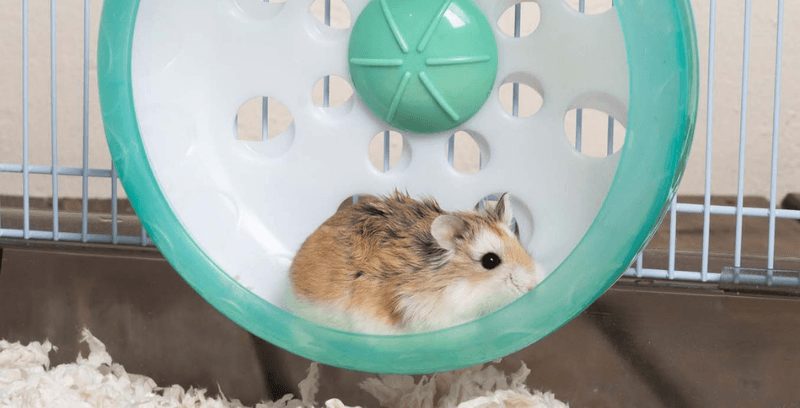
-
Exercise and Mental Stimulation: Small animals need regular exercise and mental stimulation to stay healthy and happy. Provide them with opportunities for physical activity, such as wheels, tunnels, climbing structures, and toys. Additionally, engage them in interactive playtime and provide mental stimulation through puzzle feeders and enrichment activities.
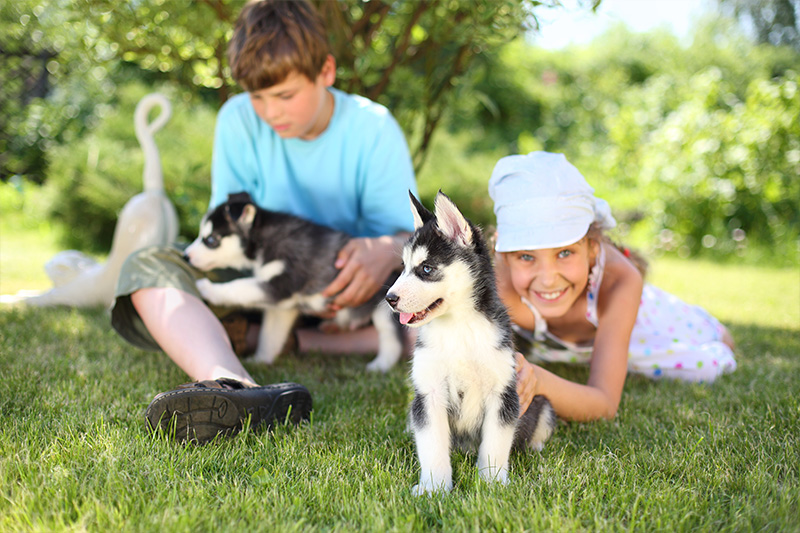
-
Socialization and Interaction: Some small animals are social creatures and require companionship or regular human interaction. Research the social needs of your specific pet and consider providing them with a suitable companion or spending quality time with them daily. Handle them gently and gradually acclimate them to human touch if they are not naturally comfortable with it.
-
Hygiene and Cleanliness: Maintaining cleanliness is crucial for the health of your small animal. Clean their enclosure regularly, removing any waste, soiled bedding, and uneaten food. Provide fresh water daily and ensure the food and water dishes are clean. Regularly groom your pet as needed, such as brushing their fur or trimming their nails.
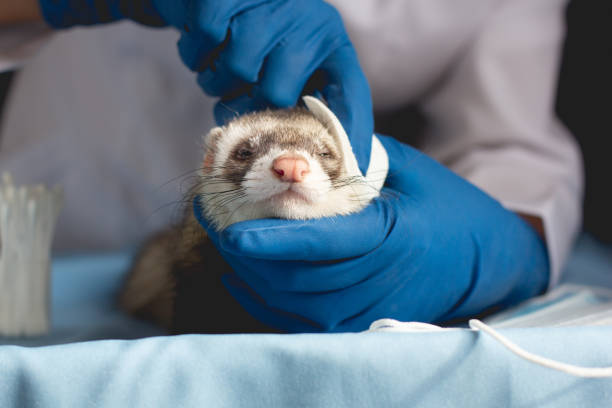
6. Veterinary Care: Schedule regular check-ups with a knowledgeable veterinarian who specializes in small animals. Regular veterinary care ensures your pet's overall health and can help detect any potential issues early on. Keep up-to-date with vaccinations, deworming, and preventive treatments as recommended by your vet.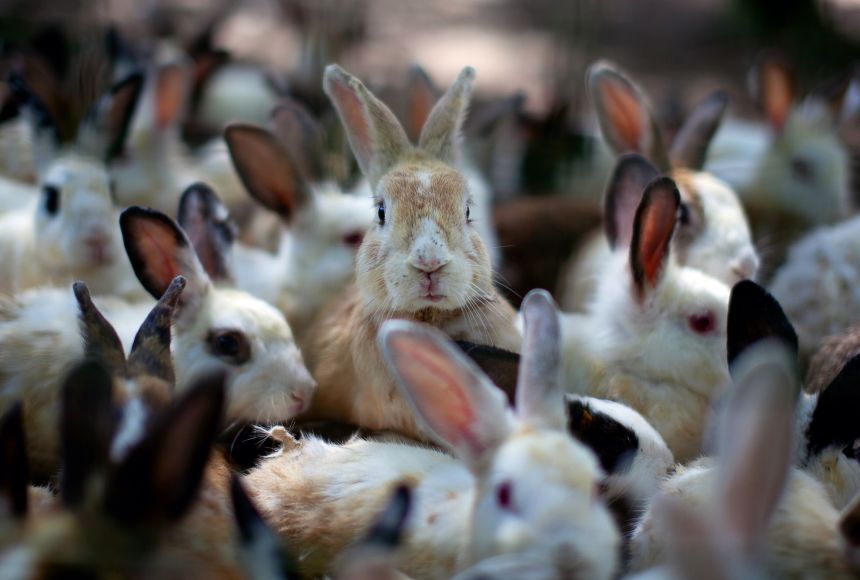
7. Environmental Factors: Consider the environmental needs of your small animal, such as appropriate temperature and humidity levels. Ensure they are kept in a comfortable and safe environment, away from drafts, extreme temperatures, and direct sunlight.
8 .Education and Research: Continuously educate yourself about the specific needs, behaviors, and health concerns of your chosen small animal. Stay informed about proper care practices, enrichment ideas, and any updates or advancements in small animal care
Remember, responsible pet ownership requires commitment, time, and effort. By providing proper care, nutrition, socialization, and a safe environment, you can ensure the well-being and happiness of your small animal companion. Enjoy the unique journey of caring for these fascinating creatures and cherish the bond you develop with them.
https://theurbanzoo.myshopify.com/products/boarding-of-your-sm-animal

